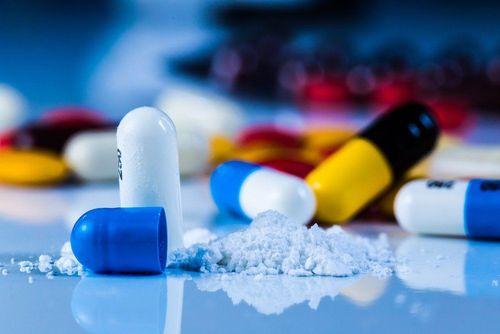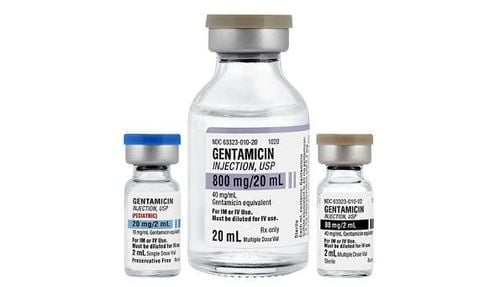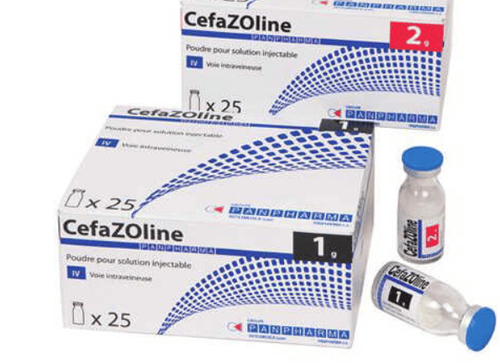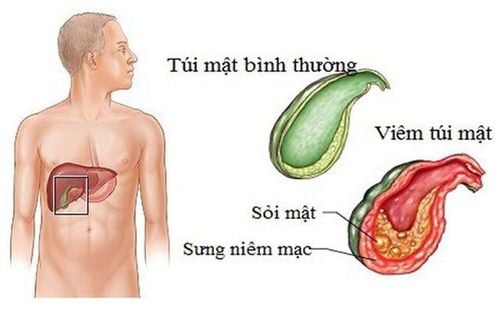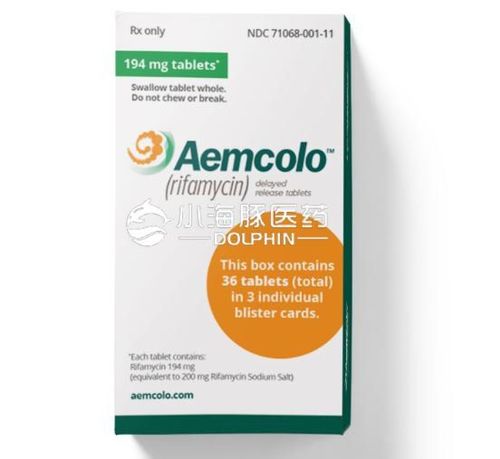This is an automatically translated article.
The article is professionally consulted by Doctor Emergency Resuscitation Department - Vinmec Hai Phong International General Hospital. The doctor has 14 years of experience in the field of emergency resuscitation and poison control.
Escherichia coli is a bacterium that normally lives in the intestines of humans and animals. Most E. coli bacteria are known to cause temporary and transient diarrhea, or some severe intestinal infections that lead to more severe illness with diarrhea, abdominal pain, and diarrhea. fever.
1. E coli is a gram negative or gram positive bacteria?
Escherichia coli or Coli is the name of a gram-negative bacteria that lives in the digestive tract of humans and animals. E Coli bacteria have certain roles in the human body.
Prevent the attack of bacteria from entering the digestive tract. Stimulate the body's immune system Produce substances beneficial to the body: vitamin K, biotin,.. Metabolize sugar in the body
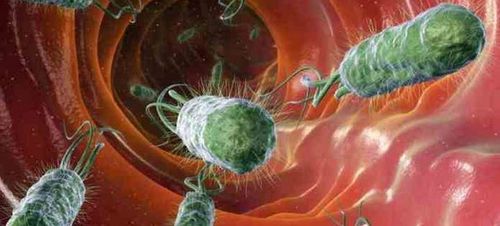
2. Harm of E Coli
In addition to the important roles mentioned above, the harmful effects of E Coli bacteria are the cause of gastrointestinal diseases such as:
Diarrhea, also known as food poisoning: The patient has symptoms of fever, diarrhea , vomit. Serious complications often occur due to a lot of diarrhea without timely rehydration leading to collapse, circulatory disorders, kidney failure... Septicemia is when this bacteria invades the digestive tract and then continues. penetrates the blood vessels in the body, damaging nearby organs such as the heart, kidneys, and brain, causing E Coli infected people to die. Urinary tract infection caused by bacteria E coli, going from the last part of the digestive tract is the anus to the external urinary opening, going upstream into the urinary tract. Or E Coli bacteria cause bacteremia and bacteria from the patient's blood travels throughout the body, to the urinary tract and causes urinary tract infections. Meningitis and other bacterial infections in the digestive system.

3. Where is the e coli bacteria found?
Cattle are the most important reservoir of e coli bacteria, especially ruminant herbivores such as buffaloes, cows, goats and sheep. Escherichia coli bacteria inhabit the intestinal tract of these animals and are excreted into the environment through their feces. Humans can also be considered as reservoirs for E coli because of their role in human-to-human transmission.
Incubation period from 2-10 days, average 3-4 days. Sick adults shed escherichia coli bacteria in their stools for about a week. Children can excrete pathogens through feces for up to 3 weeks. Usually, people infected with E coli bacteria recover in a period of 5-10 days without medication. The reason is that these drugs will increase the time it takes for the body to absorb the toxins secreted by E coli and increase the risk of blood and kidney complications as well as the ability of bacteria to develop drug resistance. In cases where it is necessary to take medicine, it is necessary to do thorough tests and follow the instructions and follow up of the doctor.
Please dial HOTLINE for more information or register for an appointment HERE. Download MyVinmec app to make appointments faster and to manage your bookings easily.





